
Words of Power: 8 Fantasy Books With Word-Based or Book-Based Magic Systems
Word-based magic systems are pretty common in books. In fact, they’re one of the main categories of magic writers use in the fantasy genre. Despite that, many authors take this common building block and create some of the most unique and magical stories you can read! Of course, that’s exactly what we’re talking about today. But this list also includes a twist. I didn’t only choose word-based magic systems. I also chose to add stories that have book-based magic systems. That means that in some of these stories, the magical aspect revolves around specific books and not just words in general.
Before we begin, let’s take a quick look at word-based magic systems. The gist of it is that it requires the user to say a specific word or phrase. Spells are the most common example of word-based magic, but as you’ll see in this list they’re not the only kind. Often, this magic requires knowing and speaking the true name of things. This can be seen in books like Patrick Rothfuss’ The Name of the Wind.
Then there are stories with book-based magic systems. To keep things simple, this just means that the magic comes from a specific book (or books). Most stories with this type of magic use grimoires or some kind of spellbook that the characters read from. But you can also learn magic by reading these books like in Vita Nostra.
So with that out of the way, let’s take a look at eight fantastic stories with word-based (or book-based) magic systems!
Word-Based Magic Systems
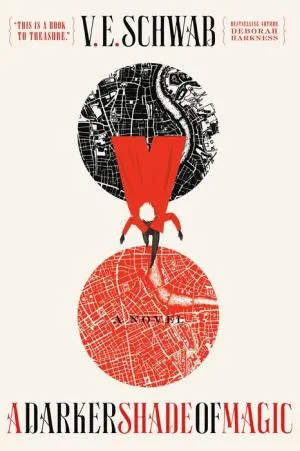
A Darker Shade of Magic by V.E. Schwab
We’re kicking things off with a modern classic in word-based magic systems. This book actually has different kinds of magic, but the one Antari use comes from drawing their own blood combined with a specific word or phrase. For example, As Travars means to travel, and it allows them to jump between parallel worlds.
A Darker Shade of Magic is the story of one such Antari named Kell. He’s a messenger (and unofficial smuggler) from Red London’s royal family. His life is turned upside down when he stumbles upon a stone from Black London— a world that was closed off because it basically destroyed itself. Enter our favorite thief: Delilah Bard. She steals the stone from Kell, and the two end up having the adventure of their lives.

Babel by R.F. Kuang
Look, I’ll keep gushing over Babel for years to come. It just came out and is easily one of my all-time favorite fantasy books, and it just happens to have one of the most unique word-based magic systems I’ve read. That’s because Babel’s magic comes from the act of translation. You have these silver bars inscribed with two or more translations of one word. So when a person fluent in both languages says the words, magic comes to life.
The story follows a boy named Robin, who is whisked away from Canton by an English professor and taken to Oxford’s Institute of Translation. There, Robin and his cohort become tools of colonization for the empire. Unhappy with how Britain uses foreigners to expand their power, Robin joins the Hermes Society, which is dedicated to thwarting the empire’s silver industry.
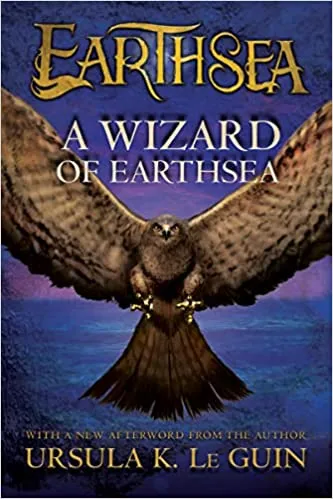
A Wizard of Earthsea by Ursula K. Le Guin
Remember when I said some magic systems involve knowing the true names of things? Well, that’s the case with A Wizard of Earthsea! In Le Guin’s book, sorcerers must learn the language of dragons in order to cast magic. This is known as the “language of the making” and it tells you someone or something’s true name.
The story follows a young mage named Ged. In his youth, he exhibited great power so he joined a school of wizardry. Turns out, his hunger for power gets the better of him. While trying to outwit his greatest academic rival, Ged unwittingly unleashes a great shadow upon the land. The book also follows him years later as he tries to right his wrong and restore balance to the world *wink wink*.
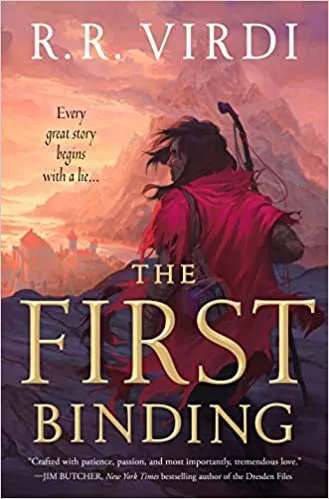
The First Binding by R.R. Virdi
The First Binding has a slightly trickier word-based magic system so bear with me as I try to explain it. The magic in this book comes from the user’s mind and willpower. Magic users must really believe in something in order to manifest it. But at the same time, they use these “bindings” or specific words/phrases of power — which can then affect their environment.
The story follows a man named Ari. In true Kingkiller fashion, he is (or was) a legend. But now he’s a storyteller at The Three Tales Tavern. There, he meets a singer named Eloine and proceeds to tell her his entire life story. Including the time he buried the village of Ampur, killed their god — and released the first evil. But even in the present, Ari’s story and his quest are far from over.
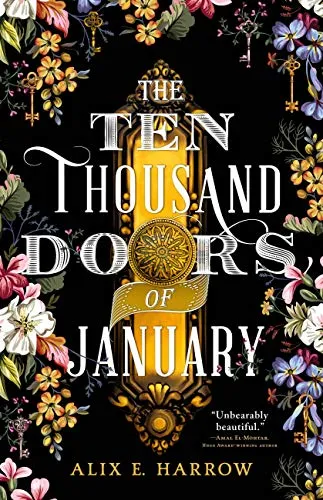
The Ten Thousand Doors of January by Alix E. Harrow
Alix E. Harrow’s first novel is a unique portal fantasy that is definitely based around books/words. While the book featured in the story isn’t magical by itself, it tells a fantastic story that is definitely involved with the magical aspect of the story. But that’s not why it’s on this list. The magic in The Ten Thousand Doors of January lets users bend reality and open doors through the written word.
The story follows the titular January, a curious young woman who lives in a big mansion with her strict guardian. When she was younger she stumbled upon a blue door that led to another world — but her guardian Cornelius went to great pains to convince her it wasn’t real. Now, January stumbles upon a mysterious book full of adventure that talks about doors that lead to other worlds. She believes it to be fiction at first, but soon January realizes the depth of Cornelius’ lies.
Book-Based Magic Systems
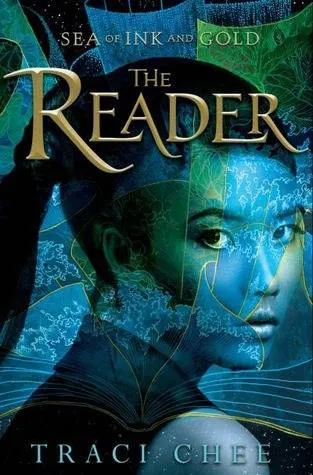
The Reader by Traci Chee
The Reader has a super fun book-based magic system because it revolves around, well, reading. In a world where books don’t really exist and reading is unheard-of, reading an actual book has the ability to alter and create different realities, which makes it the perfect book for this portion of the list.
The story follows a girl named Sefia, whose parents were brutally murdered. Now she’s on the run with her aunt Nan, taking care of the special rectangular object her parents worked hard to protect. But then Nan is taken too, and the only clue Sefia has to her whereabouts lies in that book. When Sefia sets out to rescue Nan, she meets a boy named Archer and it seems like fate — because both of their abilities could change the world forever.
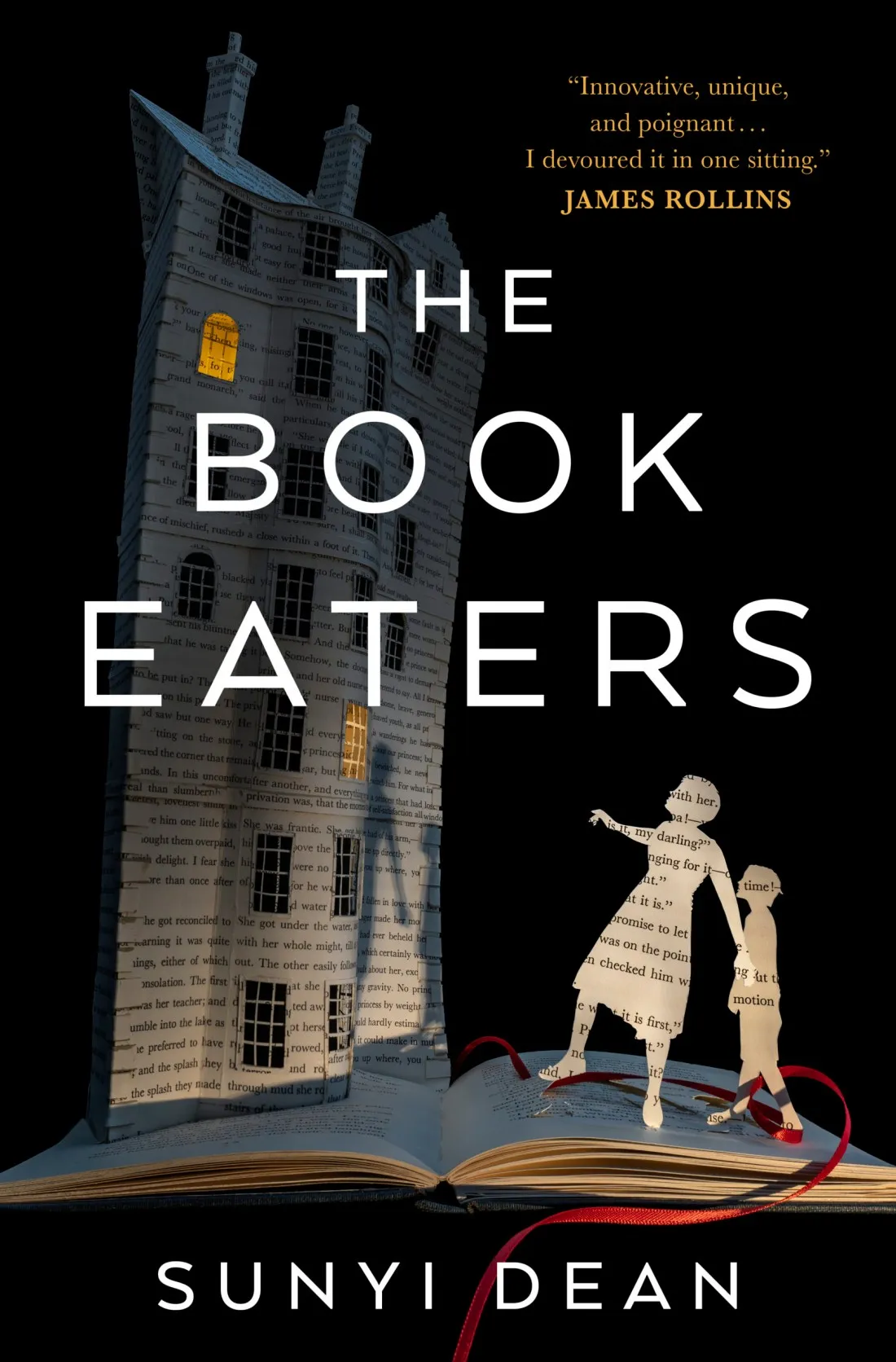
The Book Eaters by Sunyi Dean
Okay so for this book we’re mixing things up a little. The magical aspect of The Book Eaters does come from books. But they’re not used to cast spells or learn magic. Instead, the characters in this book literally feed on stories. It’s a pretty big part of the plot too — so that’s why it counts as a book-based magic system and deserves to be on this list.
The story follows a woman named Devon, who belongs to an old clan of book eaters. She was raised on a strict diet of fairy tales and cautionary stories — which is the family’s way of controlling and shaping how their women think. But Devon’s life is turned upside down when her son is born. His name is Cai, and he has a dangerous appetite. Instead of feeding on stories, Cai feeds on minds. To save his life, Devon escapes with Cai. But their freedom comes at an unspeakable price that they might not be able to pay.
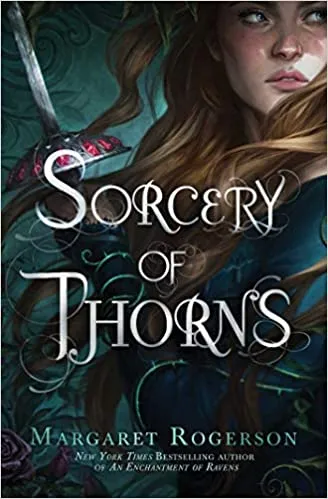
Sorcery of Thorns by Margaret Rogerson
Last but not least, we’re closing this list with a story that has a more classic approach to book-based magic systems. Of course I’m talking about grimoires! In this book, sorcerers use those magical spellbooks in order to cast their magic — but they are considered to be tools of evil.
Sorcery of Thorns follows Elisabeth. She was raised in one of the Great Libraries that guard these magical grimoires — and one day hopes to become their warden. But everything goes off the rails when someone releases the most dangerous tome in the library. Elisabeth is implicated and in order to escape punishment, she strikes a deal with a sorcerer named Nathaniel. Slowly but surely, the two start to bond. Which makes Elisabeth question everything she’s been taught about sorcery.
Don’t forget to check out our list of art-based magic systems! Or for more general magical content, take a dive into our SFF archives.









